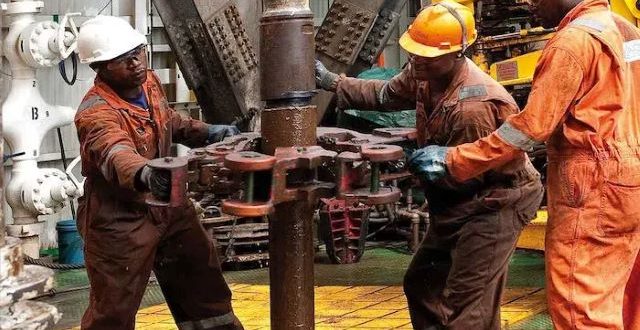
NNPC Ltd Strengthens Operations,Makes Fresh Leadership Appointments
Mohammed Shosanya The Nigerian National Petroleum Company Ltd,Wednesday announced key leadership appointments in a bold move at strengthening its operational efficiency and boost its
















